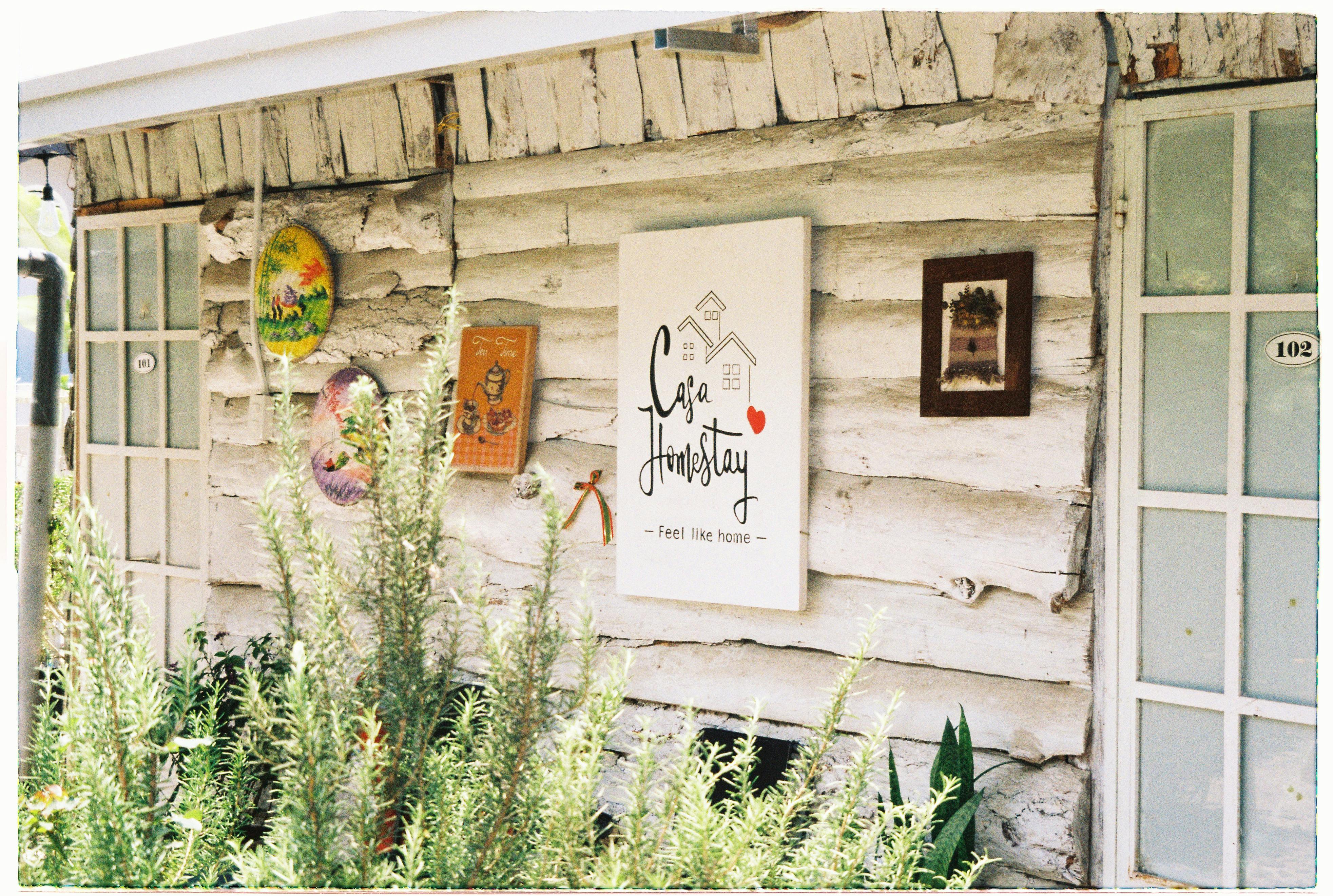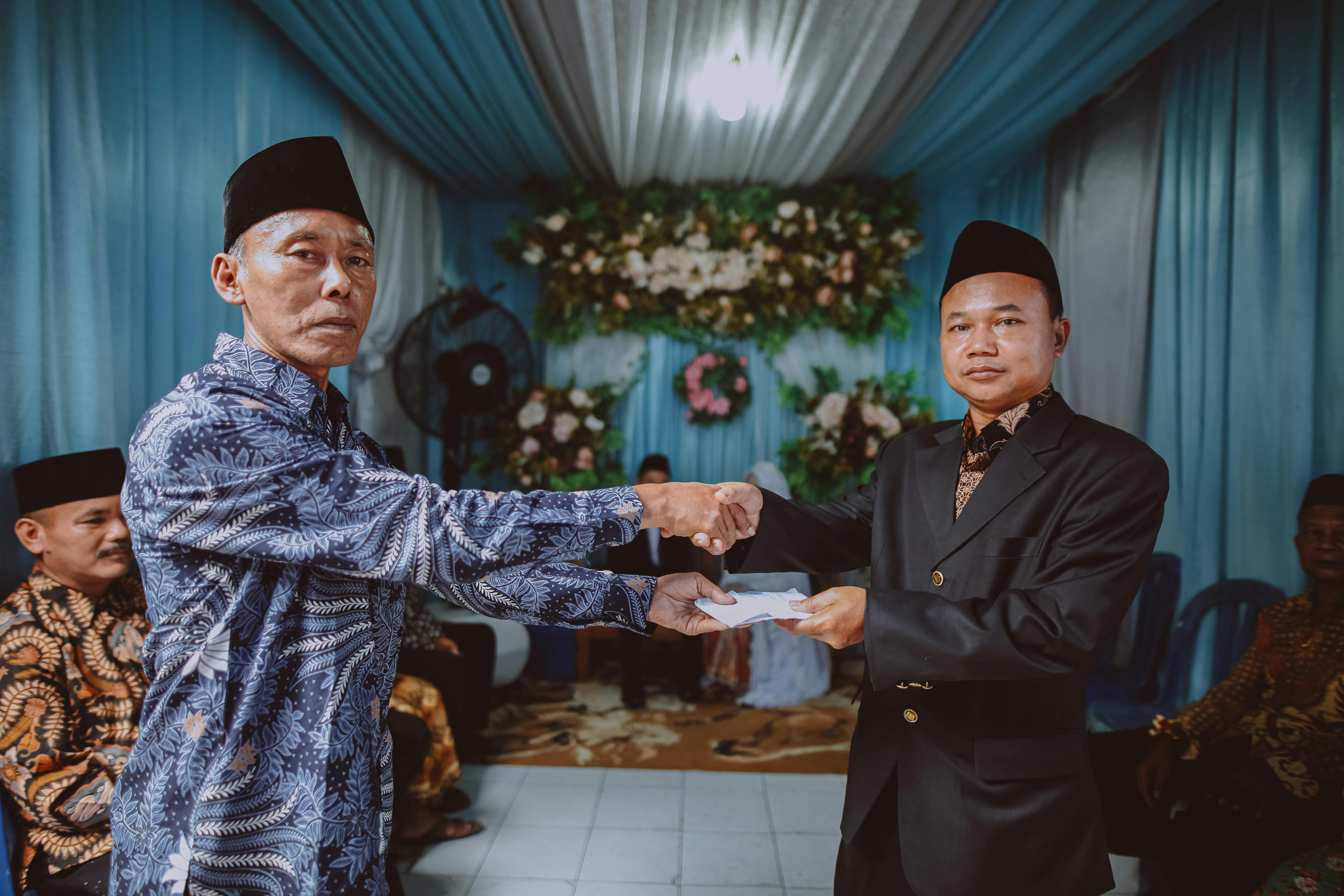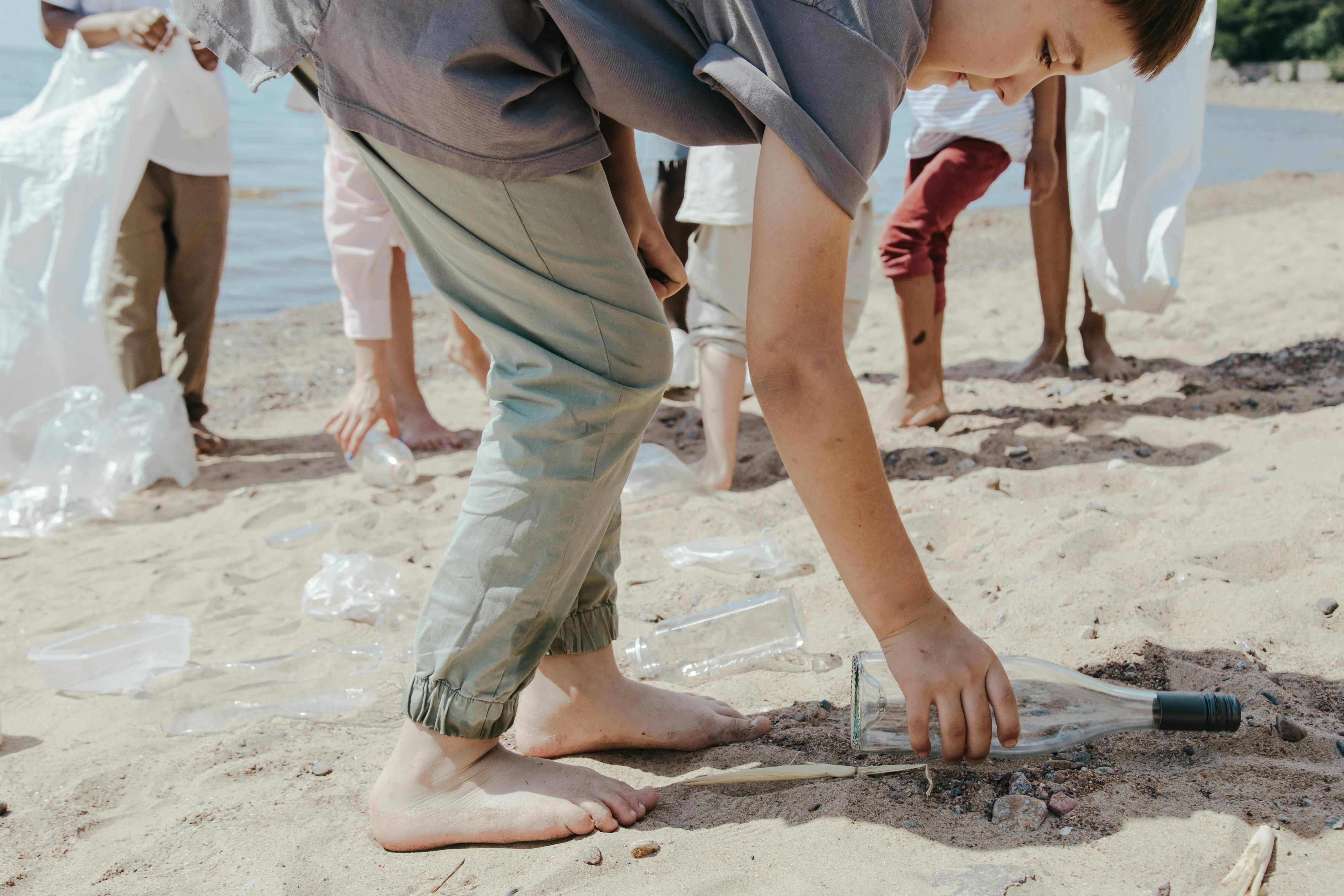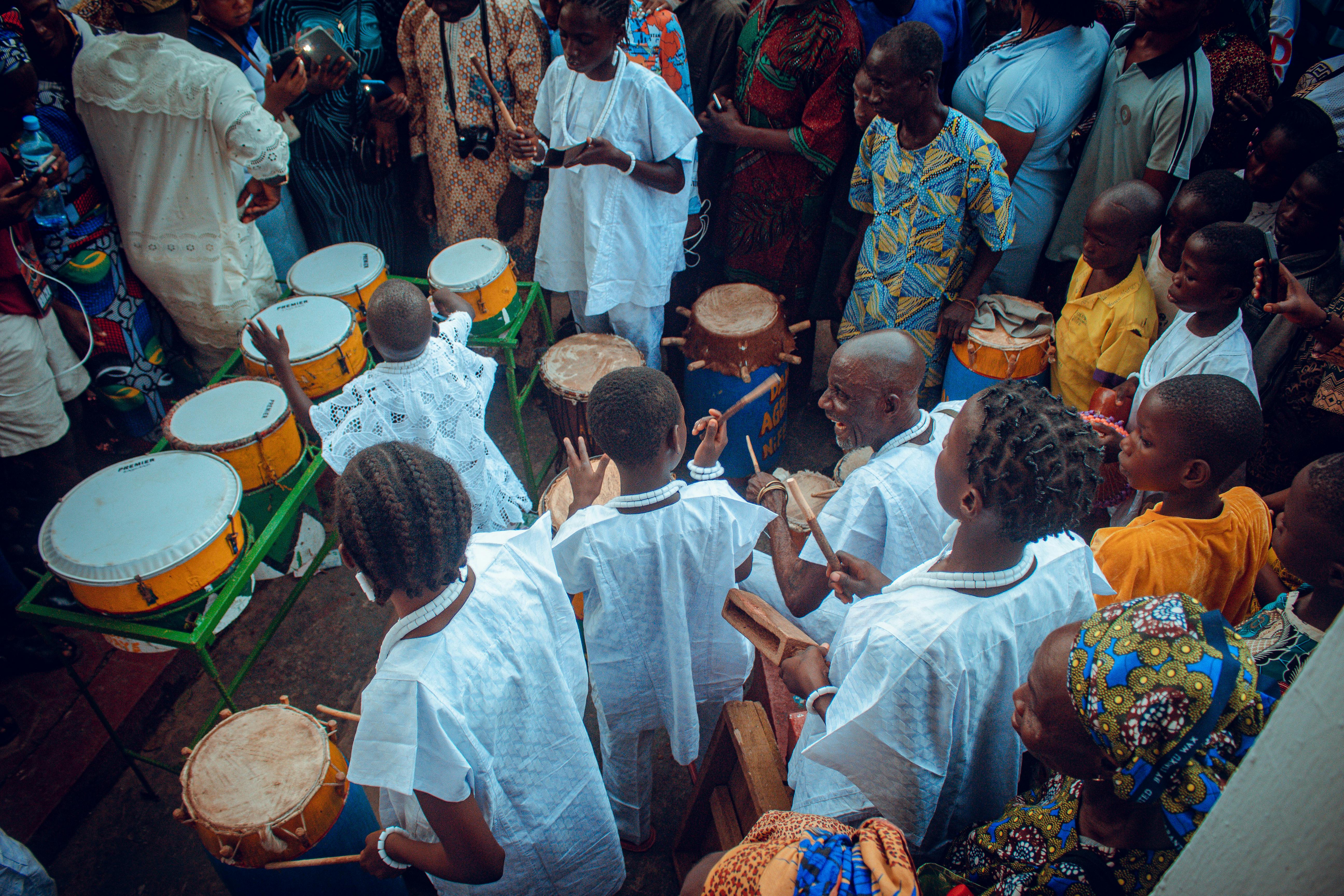When you travel, it’s tempting to stick to the highlights, landmarks, museums, and popular spots that show up on every list. But the real magic of a place lies in its everyday rhythm: how people live, eat, celebrate, and connect.
If you want to go beyond surface-level sightseeing, the best way is to experience the culture the way locals do. These five approaches don’t just help you see more, they help you feel more:
1. Stay in a Local Home

There’s no better window into a culture than staying with a local family. You get a firsthand look at daily routines, local cooking styles, household customs, and unfiltered conversations that guidebooks can’t offer.
These details shape your understanding of a place beyond landmarks and museums. Living with locals also builds empathy. You see life from their point of view, noticing the little challenges they face and the joys they cherish.
Many travelers say the friendships they form during homestays stay with them longer than any photo or souvenir. If you want your trip to be about connection, not consumption, this is the way to go.
2. Eat Where the Locals Eat

Skip the tourist restaurants and go where the locals line up, eating where locals eat helps you taste the culture in its truest form. These places don’t rely on glossy menus or gimmicks; they serve food that’s loved by the community.
You’ll often get more authentic flavors at half the price. Sharing a meal also breaks down barriers. Sitting shoulder to shoulder at a crowded table or asking the cook for recommendations can start conversations that lead to genuine exchanges.
Trying unfamiliar dishes shows respect and curiosity, the two qualities locals usually appreciate. Food is one of the most intimate ways cultures express themselves, and when you eat like a local, you get to taste that expression fully.
3. Respect Local Customs and Traditions

Every culture has its own unspoken rules and rituals, ranging from how to greet someone to how to behave at a sacred site. Taking the time to learn and respect these customs shows humility and awareness.
Whether it’s covering your head at a temple, removing your shoes before entering a home, or using both hands when giving a gift, these gestures matter. Understanding traditions also deepens your experience.
It provides context for what you see, the reason behind a festival, the story behind a piece of clothing, or the symbolism in a dance. When you approach a culture with reverence rather than curiosity alone, people open up. What you get in return is not just tolerance, but warmth, trust, and even friendship.
4. Contribute to the Community

One of the most lasting ways to engage with a place is to give back to it. This means joining hands with local initiatives, volunteering at a community farm, helping in a language exchange, or participating in a beach cleanup.
Your presence becomes a force for good, and your travel gains a purpose beyond personal enjoyment. Contribution also changes how you see the world. It shifts your mindset from observer to participant.
You become invested in the people and their future, and you often gain insights that regular sightseeing never reveals. And often, what you take back is much greater: gratitude, perspective, and a sense of shared humanity.
5. Attend a Local Festival or Event

Festivals are culture at full volume, vibrant, loud, joyful, and rich with meaning. Attending a local event brings you straight into the heart of community life. You’re not just watching tradition, you’re surrounded by it, and often invited to join in.
These moments give you an emotional connection to a place. You hear its music, taste its special foods, and feel the rhythms of its social life.
It’s one of the few times when locals and visitors often come together on equal ground, simply to celebrate. These are the moments that become the stories you’ll tell forever.
Experiencing local culture is about slowing down, staying curious, and being open to moments you can’t plan. These are the memories that stay with you long after the trip ends.
Whether it’s sharing a meal, joining a festival, or simply learning how to say “thank you” in another language, small efforts lead to deeper connections. And those connections are what turn a good trip into an unforgettable one.

